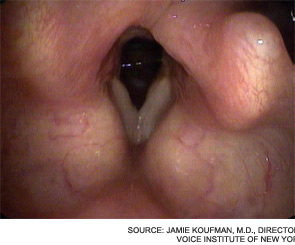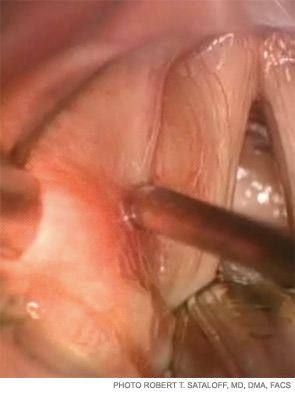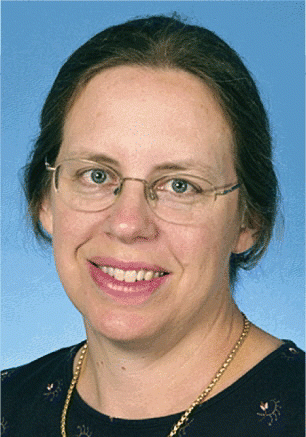Chronic laryngitis is a multifactorial disease with a large differential diagnosis for the patient who presents with hoarseness. Fortunately, the diagnosis of inflamed larynx has improved in recent years.


Chronic laryngitis is a multifactorial disease with a large differential diagnosis for the patient who presents with hoarseness. Fortunately, the diagnosis of inflamed larynx has improved in recent years.

People get face-lifts and other types of cosmetic surgery to look better. They exercise so that they’ll feel better. But few people consider a voice lift, which combines surgery and exercise to make them sound better.

The title of this session at the Triological Society’s Combined Sections Meeting held here Feb. 4-7 asked a tough question: Why are otolaryngologists still talking about pediatric tonsillitis, otitis and sinusitis?
What type of in vivo tissue engineering construct best facilitates tissue regeneration after vocal fold scarring? Background: Vocal fold scarring is the cause of most cases of voice deficiencies after […]

Stroke, muscular dystrophy, Parkinson’s disease, gastroesophageal reflux disease (GERD), head and neck cancer, Zenker’s diverticulum—each of these disparate conditions can cause dysphagia.
With no laryngeal nerve injury, do vocal characteristics change after thyroidectomy? Background: Vocal dysfunction is a feared complication of thyroidectomy. While operative injury to the recurrent laryngeal nerve is a […]

Each month, Product Watch offers readers the latest information on new and innovative products for otolaryngologists-head and neck surgeons.

In a recent debate-style panel, five otolaryngologists addressed topical clinical issues relating to the pediatric airway ranging from adenotonsillectomy in children with obstructive sleep symptoms, to whether cidofovir should be used as a standard treatment in children with recurrent respiratory papillomas.
SAN DIEGO-Weighing whether or not to perform tonsillectomy boils down to a balance between benefit and harm, declared Richard Rosenfeld, MD, MPH, at the lively and well-attended miniseminar on evidence-based tonsillectomy at the American Academy of Otolaryngology-Head and Neck Surgery annual meeting here.
Secondary tracheoesophageal puncture (TEP) performed in the office on total-laryngectomy patients, using transnasal esophagoscopy, yielded good results, researchers have reported.